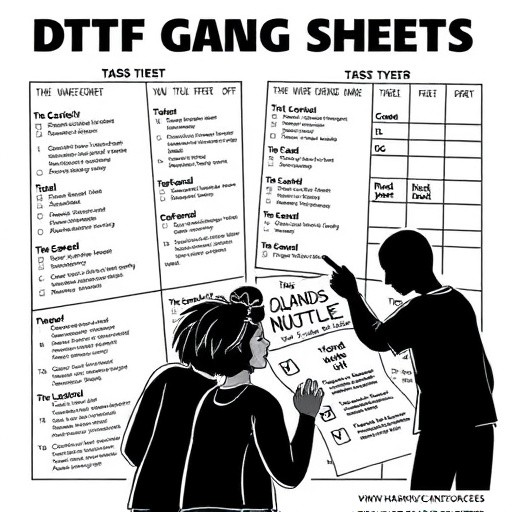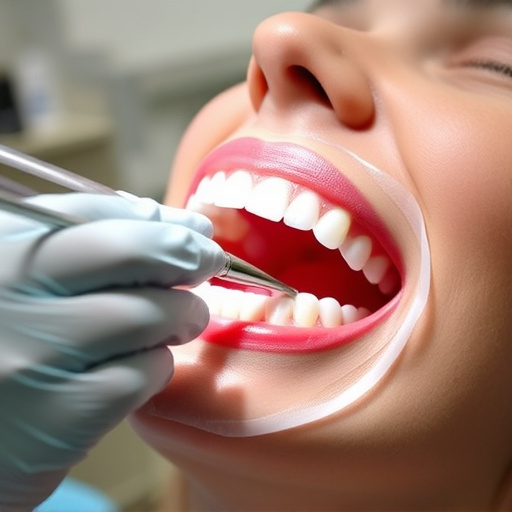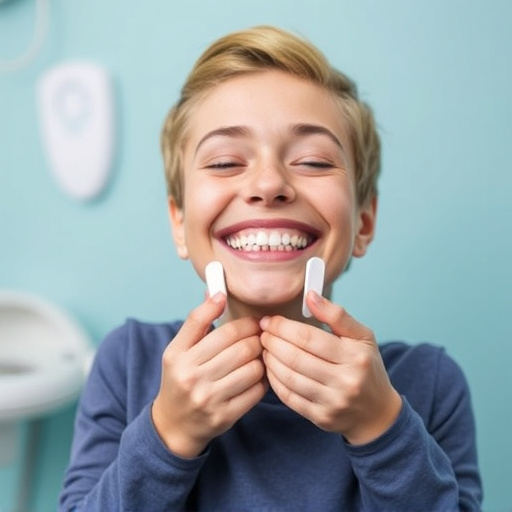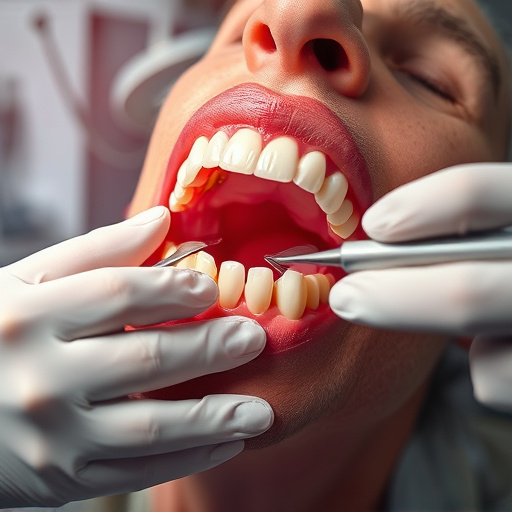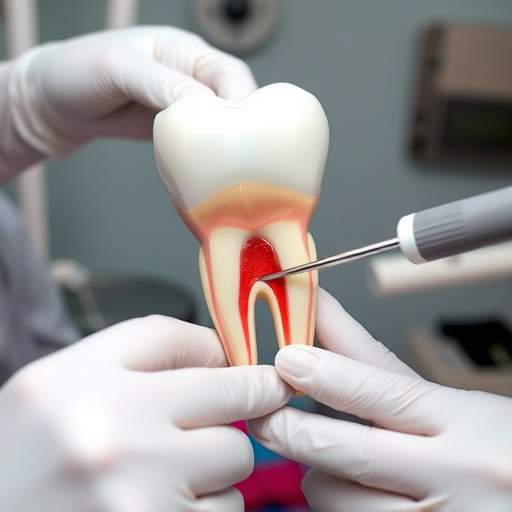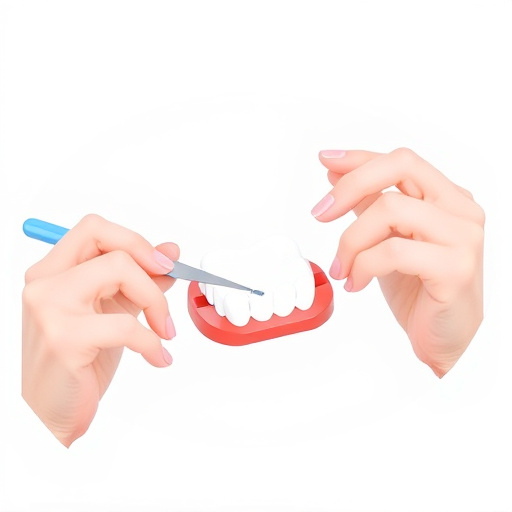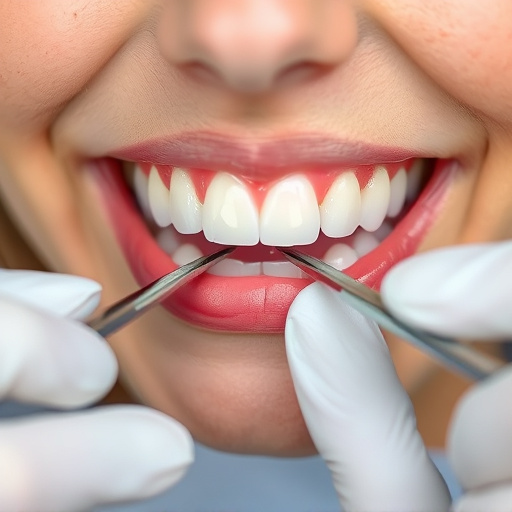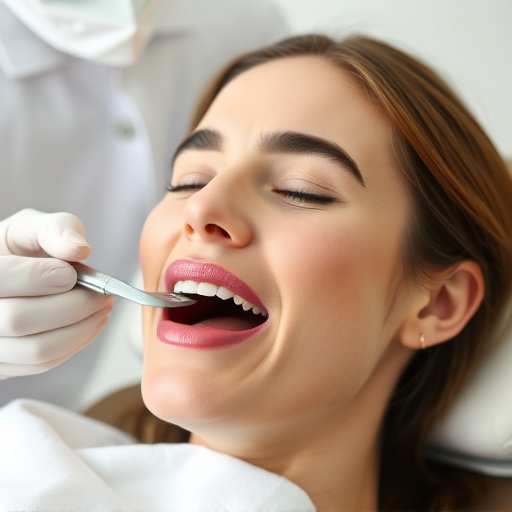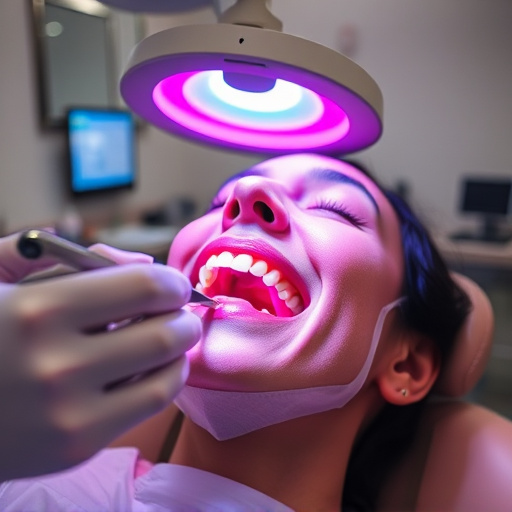Children's unique oral health needs require specialized education emphasizing early habit formation, including correct brushing and flossing techniques. Engaging learning experiences using hands-on activities, games, and visual aids are crucial for effective oral hygiene education. Parent involvement through workshops further enhances the experience. This holistic approach leads to improved dental health outcomes, increased confidence, and reduced future restorative dentistry needs. Key strategies include family brushing routines, kid-friendly tools, comprehensive school curricula, and regular dental check-ups.
Oral hygiene education plays a pivotal role in fostering confidence and overall well-being in children. This article delves into the essential components of effective oral care instruction tailored for young minds. We explore strategies to understand and cater to children’s unique dental needs, design engaging learning experiences, and promote healthy habits both at home and in schools. By implementing these practices, we can empower kids to develop excellent oral hygiene routines, boosting their confidence and setting a lifelong path to optimal dental health.
- Understanding Children's Oral Health Needs
- Creating an Engaging and Interactive Learning Experience
- Encouraging Healthy Habits at Home and School
Understanding Children's Oral Health Needs
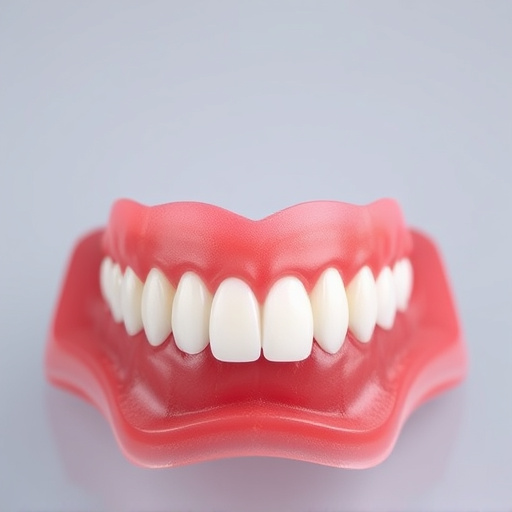
Children’s oral health needs differ significantly from those of adults, requiring tailored approaches for effective education and care. At a young age, kids lack the manual dexterity and awareness to maintain proper oral hygiene independently. Therefore, oral hygiene education for children should focus on instilling good habits early. This includes teaching them how to brush their teeth correctly, using appropriate tools like child-sized toothbrushes and fluoridated toothpaste, and understanding the importance of regular flossing once they have teeth that touch.
Moreover, oral hygiene education should address age-specific concerns. For instance, children’s dentistry professionals often need to guide parents on managing teething pain, preventing tooth decay, and even preparing for routine oral exams. As kids grow older, they may also face challenges related to wisdom tooth removal, which requires special consideration and communication to alleviate anxiety. Effective oral hygiene education equips children with the knowledge and confidence to take care of their teeth throughout their developmental stages.
Creating an Engaging and Interactive Learning Experience
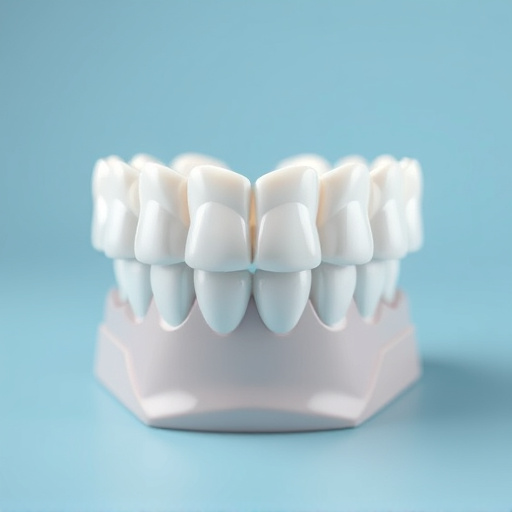
Creating an engaging and interactive learning experience is key to effective oral hygiene education for kids. Incorporate hands-on activities, games, and visual aids to capture their attention and make the process fun. For instance, using colorful models or diagrams to illustrate the impact of proper brushing and flossing can help children visualize the benefits directly. Interactive demonstrations, like letting them practice with toy dental kits, further reinforce good habits and boost their confidence in understanding and maintaining their oral health.
Integrating storytelling, songs, and role-playing scenarios can also make learning about oral hygiene more engaging. These methods cater to different learning styles and ensure that the education resonates on a deeper level. Moreover, involving parents or guardians through workshops or informational sessions enhances the overall experience, creating a unified front in promoting excellent oral hygiene practices at home. This holistic approach contributes to better dental health outcomes, including reduced need for restorative dentistry and regular dental cleanings, even extending into the realm of cosmetic dentistry for a confident, healthy smile.
Encouraging Healthy Habits at Home and School
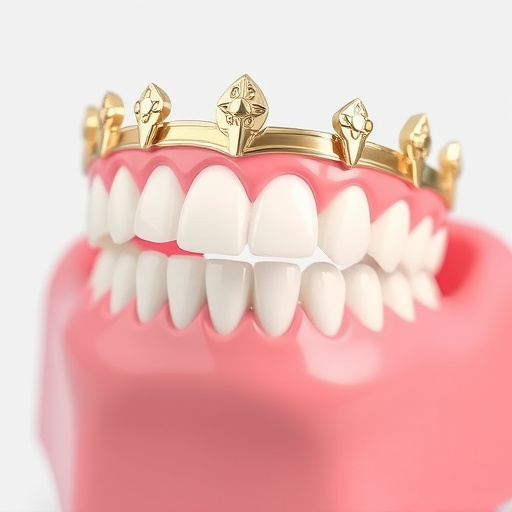
Encouraging healthy oral hygiene habits early on is a fundamental aspect of oral hygiene education that boosts confidence in kids. Parents play a pivotal role by setting an example through their own routine and making oral care an enjoyable, daily activity for children. Simple measures like brushing together as a family, using kid-friendly tools, and incorporating fun mouth-cleaning games can instill good habits from the start. Schools also have a significant impact by integrating comprehensive oral hygiene education into their curricula. Teachers can make learning about teeth care interactive and engaging, teaching students the proper techniques and the importance of maintaining a healthy smile.
Regular visits to the dentist, often encouraged by both home and school education, are crucial. Children’s dentistry professionals provide guidance tailored to young patients’ needs, addressing concerns and offering advice on preventive measures. Topics may include proper nutrition, the role of fluoride, and signs to look out for regarding dental issues. This holistic approach, combining at-home habits, educational initiatives in schools, and regular dental check-ups, ensures children grow up with a confident and healthy relationship with their oral care routine, potentially reducing future needs for procedures like dental fillings or, in more severe cases, dental implants.
Oral hygiene education plays a pivotal role in fostering confidence and overall well-being in children. By understanding their unique dental needs, creating interactive learning experiences, and encouraging healthy habits both at home and in schools, we can empower kids to take charge of their oral health. This proactive approach not only promotes confident smiles but also sets the foundation for lifelong healthy habits. Implement these strategies to transform oral hygiene education into a fun and engaging journey for children, ensuring they grow up with a bright, confident grin.



